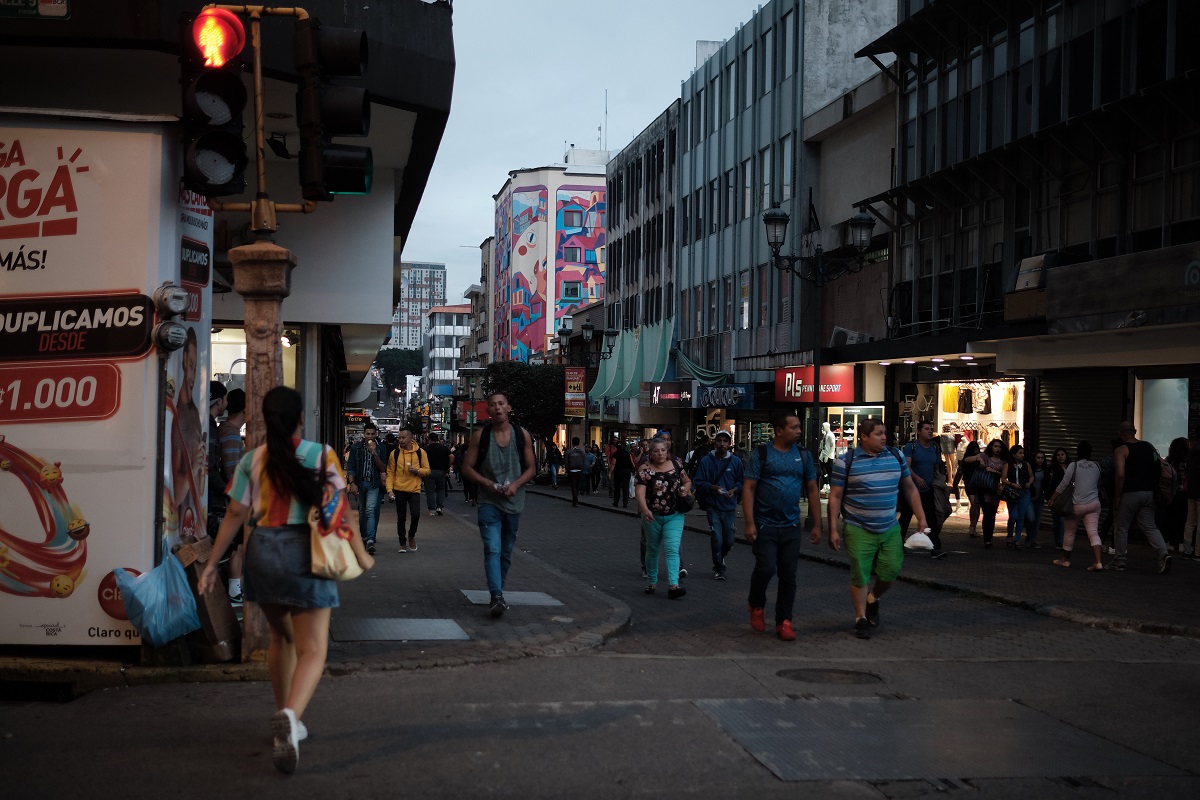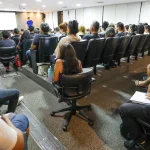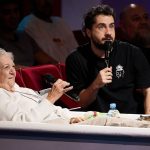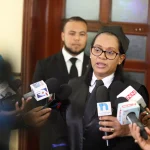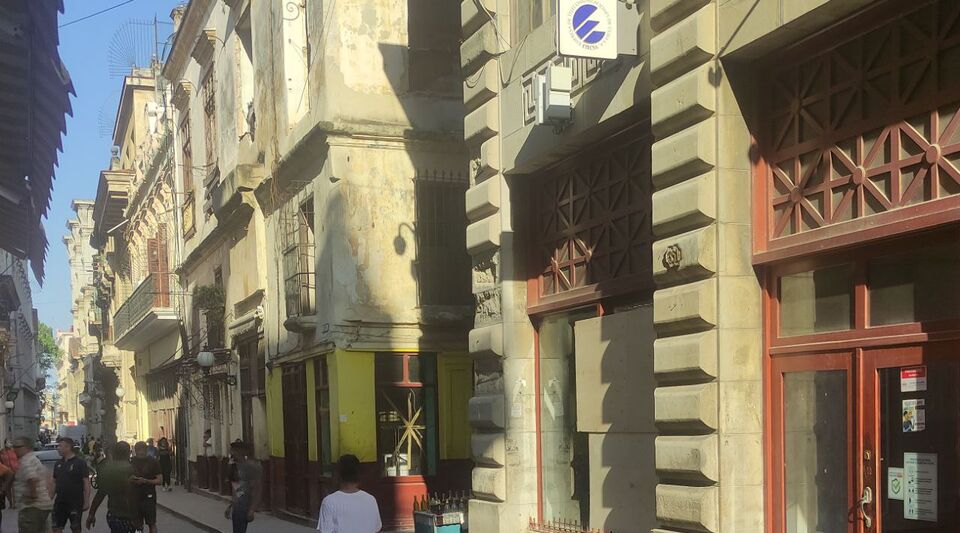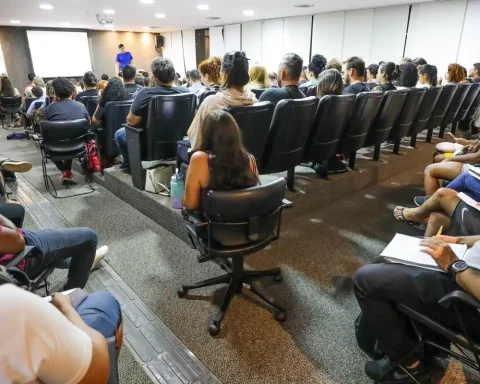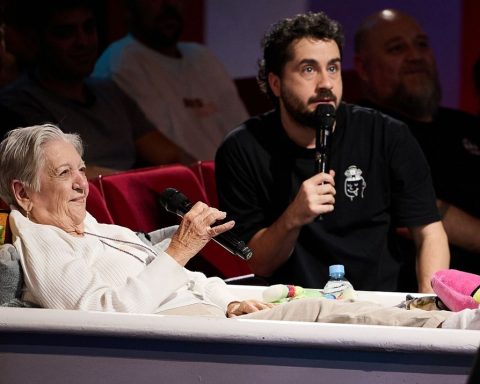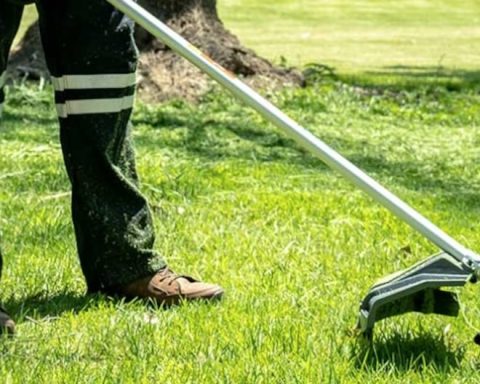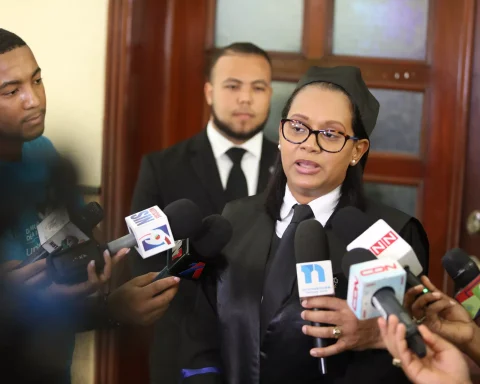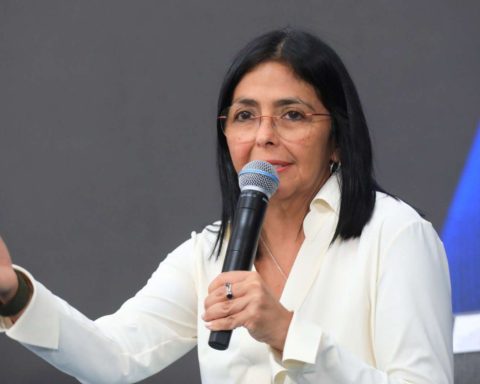Costa Rica will hold the second round of the presidential elections next Sunday, April 3, in which former president José María Figueres, of the historic National Liberation Party (PLN), will face off against former Finance Minister Rodrigo Chaves, of the young Social Progress Party. Democratic (PPSD). Already four days of the ballot The accusations of corruption, dark management of electoral financing and complaints of sexual harassment have reduced the prominence of the candidates’ proposals.
Figueres, president of the country between 1994 and 1998; and the economist Chaves prevailed in the first round on February 6, in elections in which more than 40% of Costa Ricans stayed at home and in which the Former president obtained 27.3% of the votes compared to 16.7% for the economist.
The second electoral round arrives while the latest survey by the Center for Research and Political Studies (CIEP) of the University of Costa Rica (UCR), conducted between March 24 and 28, indicates that the candidate Rodrigo Chaves remains in the lead with 41.4% of the people decided to vote, while his rival, José María Figueres is 3.4 points away with 38%.
Chaves could have a maximum support of 45.2% and a minimum of 37.7%, while Figueres would reach a maximum of 41.8% and at least 34.3%, indicated the CIEP, considering that the margin survey error is 3.1 points.
With these figures, it is difficult to anticipate which of these candidates will obtain the simple majority of votes necessary to win the presidency of the country in the elections this Sunday, April 3.
“There are no significant differences between the candidates, either of them could be leading at this time, we do not know how much, but the forces are very even at this time,” said the CIEP survey coordinator, Ronald Alfaro, to the Weekly College.
Meanwhile, the percentage of undecided people continues to rise, rising from 16.5% in last week’s survey to 18.1% this week in which 1,019 were interviewed by telephone.
More than 3.5 million Costa Ricans they are summoned this Sunday to the polls to choose the president who will govern the country between 2022 and 2026. In the electoral roll there is also about 40,000 Nicaraguans with Costa Rican nationality who will be able to participate in the elections, although in reality the presence and relevance of the Nicaraguan population in Costa Rica is much greater, with at least 350,000 Nicaraguans residing in Costa Rica.
The immigration issue is still absent
The immigration issue has been absent in the presidential debates and in the government plans there are only brief references on the subject.
On the one hand, Figueres ensures in its government plan that the migration It must be seen “as an integral issue, which includes human rights and the economic reactivation” of the country and, on the other hand, Chaves responded —last February— that he will give “a benefit” to the immigration of Nicaraguans so that they are regularized, without specify what that benefit would be.
The former president is the only one who makes a direct mention of the Government of Nicaragua, which, if it reaches the Presidency, assures that it will propose “mandatory, appropriate and necessary regulations on migration and labor matters, as well as remittances abroad, such as those that they already exist, for example, in Mercosur and in the European Union”.
Figueres proposes to provide more resources to the Costa Rican Immigration and Immigration Directorate – the entity in charge of all migratory regularization procedures – and assures that it will facilitate the legalization of migrant workers to integrate them as taxpayers and the public health system and to “protect their basic labor, health and other rights.” It is the vision of the country that corresponds, he says, “without xenophobia.”
In foreign policy, Figueres proposes to maintain the defense and promotion of the democratic system and human rights, as corresponds to the Costa Rican diplomatic tradition. “I do not want to remain indifferent to the arrests of leaders opposed to the government in Nicaragua. Costa Rica must activate its diplomacy to defend democracy. That the detained persons be released and that guarantees of a free electoral process be given”, he published on Twitter in June 2021, in the midst of the hunt for opponents unleashed by the Ortega regime before the November 7 votes, in which Ortega the winner was proclaimed without competition or minimal democratic guarantees.
Although Chaves did not include any section on migration or foreign policy in his government plan, last February he answered some questions sent by CONFIDENCIAL.
He assured that they will give “a benefit” to the immigration of Nicaraguans so that they are regularized, without specifying what that benefit would be.
As for his opinion on Daniel Ortega and Rosario Murillo, he lamented that the Nicaraguan people cannot elect their rulers in a democracy, without manipulation.
If he becomes president, Chaves assures that he will seek “an attitude of respect towards the people of Nicaragua, even though we recognize that the regime that governs them was not democratically elected.” He also assured that he will maintain the support of Costa Rica in international forums so that Nicaragua returns to democracy.
Keep an eye on Nicaragua
Also the current president of Costa Rica, Charles Alvaradoacknowledged this week —in an interview with the Efe agency— that his country and Nicaragua only maintain state relations, because “there are differences in the basic conceptions of what a democratic country should be.”
“Certainly in Nicaragua there is a deterioration of democracy, it is not lived in and the international community has to support and sponsor the Nicaraguans themselves to reach a solution so that the democratic path can be resumed, but the risk is in the entire region. Alvarado said.
However, the Costa Rican president considered that minimum consensus must be reached on issues such as climate change or financing for development: “it affects us all regardless of political opinion. If we reach those minimum consensuses we can move forward with a regional voice that I think has been absent”, he added.
Regarding relations with other neighboring countries, Alvarado highlighted the good relations that Costa Rica maintains with Panama and the Dominican Republic, countries with which his country has established the ADD, an alliance for development in democracy, “a mechanism between like-minded countries that believe in sustainable and economic development,” he continued.
Signs of dark dealings and sexual harassment
After the first round concluded on February 6, Figueres and Chaves have exchanged remarks and accusations, for which both candidates have had to go out to put out fires due to controversies about the financing of their campaigns.

Chaves has had to explain the origin and operation of a trust of about 135,000 dollars that operated between February and September 2021 and that, according to local media publications, was used to pay political campaign expenses, which would be illegal. .
The Supreme Electoral Tribunal is investigating the matter, while Chaves, of the Social Democratic Progress Party, described the journalistic information about the trust and the possibility of a parallel financing structure as “smoke.”
For his part, Figueres, from the National Liberation Party, had to explain himself for a trip he made to the Dominican Republic in early March, where he met with the president of that country, Luis Abinader, other government officials and businessmen.
The candidate explained that the expenses of his stay in the Dominican Republic were at his own expense and that the trip on a private plane was a donation in kind to the campaign by businessman Alberto Esquivel Volio.
The latest controversy that has arisen in the campaign was caused by a series of videos against Chaves. One hints at signs of pedophilia and another shows people jumping from a building in allusion to the phrase frequented by Figueres that indicates that voting for Chaves is “a leap into the void.”
Local and US media also reported during this political campaign the complaints of sexual harassment filed against Chaves by World Bank workers, when he was an official of the entity in the United States.
The past of former president Figueres has also been a theme of the campaign, since in 2004 the Prosecutor’s Office carried out an investigation into advice provided by the French firm Alcatel, which later obtained public telecommunications contracts in Costa Rica.
